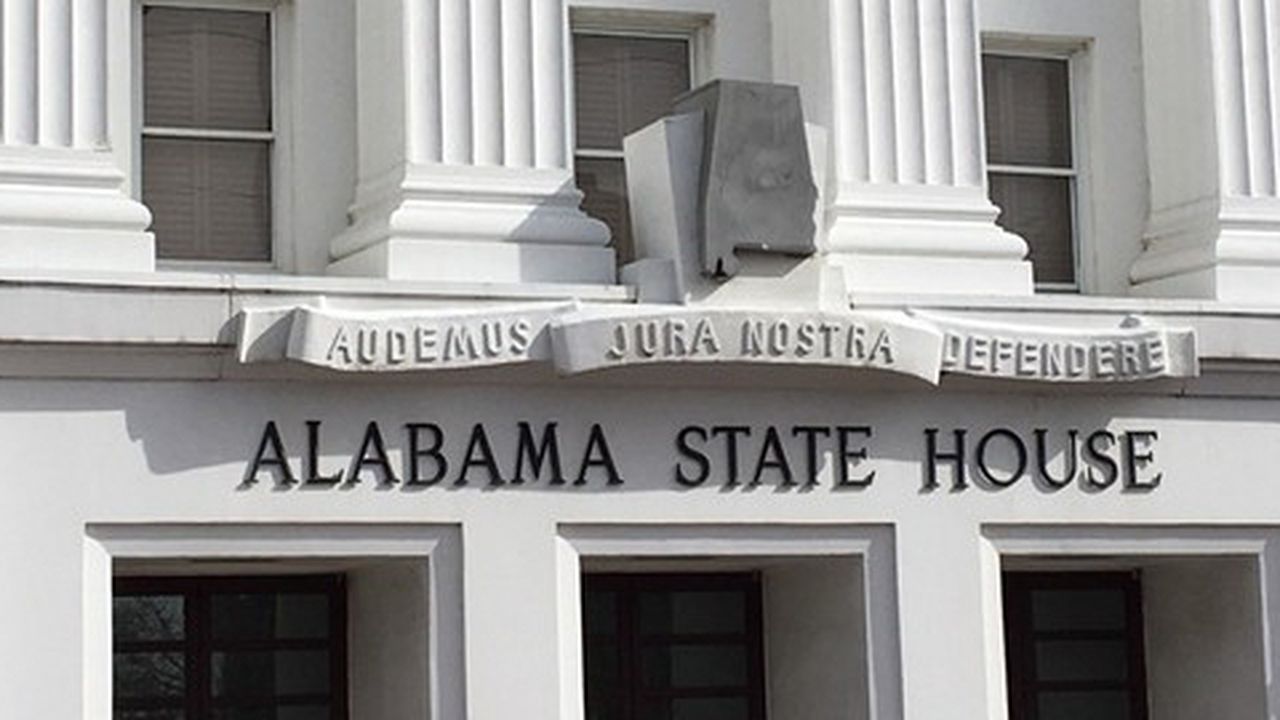Bill to add 98-cent fee to phone bills for mental health care stalls
A proposal to fund services to help people in a mental health crisis by adding a 98-cent surcharge to cellphone and landline bills failed to win approval today in an Alabama House committee.
The sponsor of the bill, Rep. Rex Reynolds, R-Huntsville, who is the chair of the committee, moved to carry over the bill before any discussion on it today. Reynolds said the bill is important and he would continue to work on it. Reynolds said it was uncertain whether it would come up again in the committee during this session. Only eight meeting days remain after today.
The bill would raise an estimated $69 million a year for Alabama’s crisis system of care. That includes call centers for the 988 Suicide and Crisis Lifeline started in July 2022, crisis centers that have opened in four Alabama cities in the last couple of years, plus two more planned to open later this year, and mobile crisis teams for other parts of the state.
A public hearing on a companion bill is also scheduled for today in the Alabama Senate.
Reynolds said there have been about 18 changes made to the bill to accommodate concerns about it. Lobbyists representing the cellphone and communications industry suggested funding the services from the state General Fund. Reynolds said a dedicated funding source, the surcharge, is important because of the essential nature of the crisis care services and because General Fund revenues rise and fall with the economy.
Congress authorized states to add a phone surcharge when they launched the 988 Suicide and Crisis Lifeline initiative a few years ago.
Alabama Mental Health Commissioner Kimberly Boswell said initial results from the crisis care system show that it will save lives. Boswell said the main purpose of the surcharge is to expand crisis care services statewide.
“We have a crisis in mental health,” Boswell said earlier this week. “We have a crisis when it comes to suicide. And we really believe that we’ve demonstrated over the last three years by standing up these crisis services that this is the way to address access to mental health care in the state of Alabama.”
